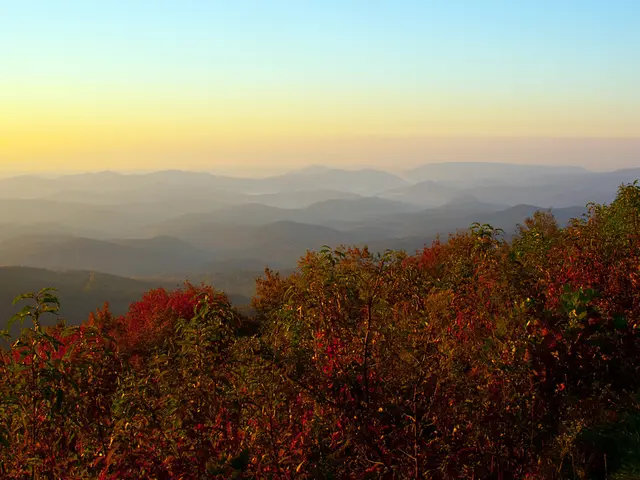Fossil fuels, nuclear energy, and carbon capture continue to play a significant role in the innovation strategies of the International Energy Agency.
The International Energy Agency (IEA), established in 1974 under the Organization for Economic Cooperation and Development, has been a key player in shaping global energy policies. However, its stance on fossil fuels, nuclear power, and renewables has been met with criticism over the years.
Recently, Sven Teske, research director at the Institute for Sustainable Futures, University of Technology Sydney, has stated that the energy system can be decarbonized by 2050 using only currently available renewable energy and energy efficiency technologies. His view is shared by Hans-Josef Fell, president of the Energy Watch Group, who emphasizes that the lion's share of the global energy transition will come from solar and wind power, geothermal sources, hydroelectric power, and bioenergy.
However, both Teske and Fell express concern about the IEA's analysis and recommendations, suggesting that they are biased towards oil-and-gas and nuclear industries. Fell argues that the IEA's assessments and recommendations often fall wide of the mark due to the influence of these lobbies.
The IEA continues to focus on innovations in fossil fuels, nuclear power, and carbon capture. The agency identifies carbon capture, utilization, and storage (CCUS), industrial-use hydrogen derived, at least in part, from fossil fuels, and nuclear power as critical innovations. However, according to Teske, nuclear power and CCUS are neither required nor cost-efficient for achieving decarbonization of the energy system.
On the other hand, Fell emphasizes the need for digital control technology that can link sectors and provide 24/7 system security for 100% renewables as a critical innovation. He also criticizes the shunning of policies that encourage massive investment in the rapid expansion of renewable energy sources.
The Energy Watch Group, led by Fell, advocates for incentives for demand-oriented marketing of green electricity, citing the success of such policies in driving clean energy buildout across Europe and beyond. The group argues that crucial energy technologies for anchoring the global energy transition often underestimated in favor of solar and wind power include energy storage systems, flexible grids, and potentially overlooked renewable sources like geothermal or biomass to ensure grid stability and reliability.
The IEA's most recent 'Clean Energy Innovation' report underscores the need for innovation in the energy transition and the importance of government support. However, the agency believes that 35% of the cumulative emissions reductions need come from technologies still at the prototype or demonstration phase. Furthermore, the IEA claims that 2070 is the earliest possible date for climate neutrality, which is 20 years beyond the Paris deadline and 40 years beyond what other experts deem necessary to avoid tipping points.
Hans-Josef Fell questions whether a change in leadership at the IEA would be enough to help it align with the urgent need to combat climate change effectively. The IEA is based in Paris, France.
The IEA's views on climate neutrality and the importance of certain innovations differ from those of renewable energy experts such as those at International Renewable Energy Agency (IRENA) and BloombergNEF. As the world grapples with the challenges of climate change, the debate between these organizations continues to shape global energy policies.








